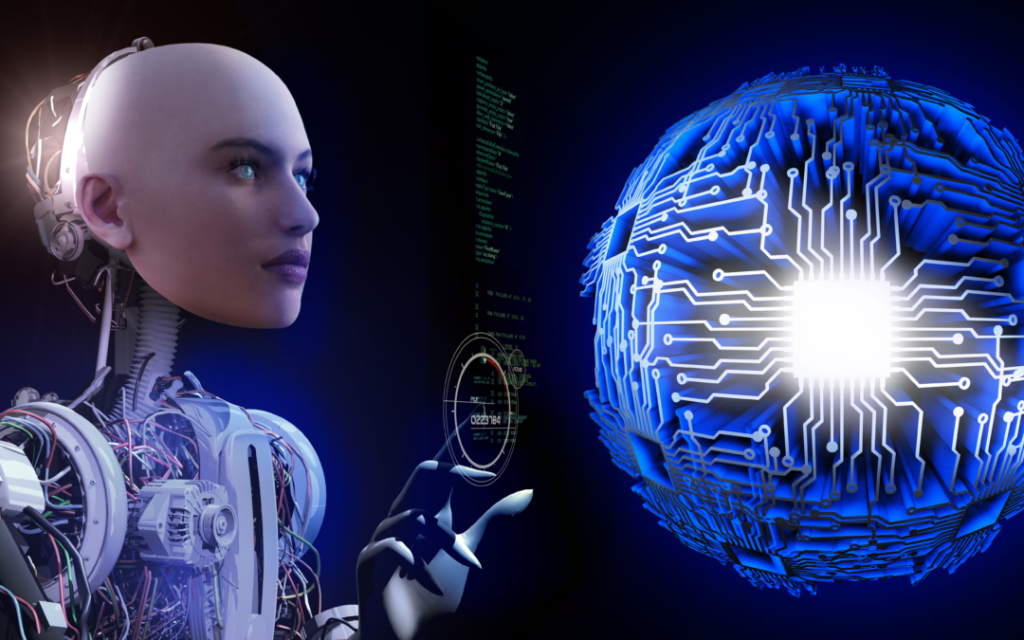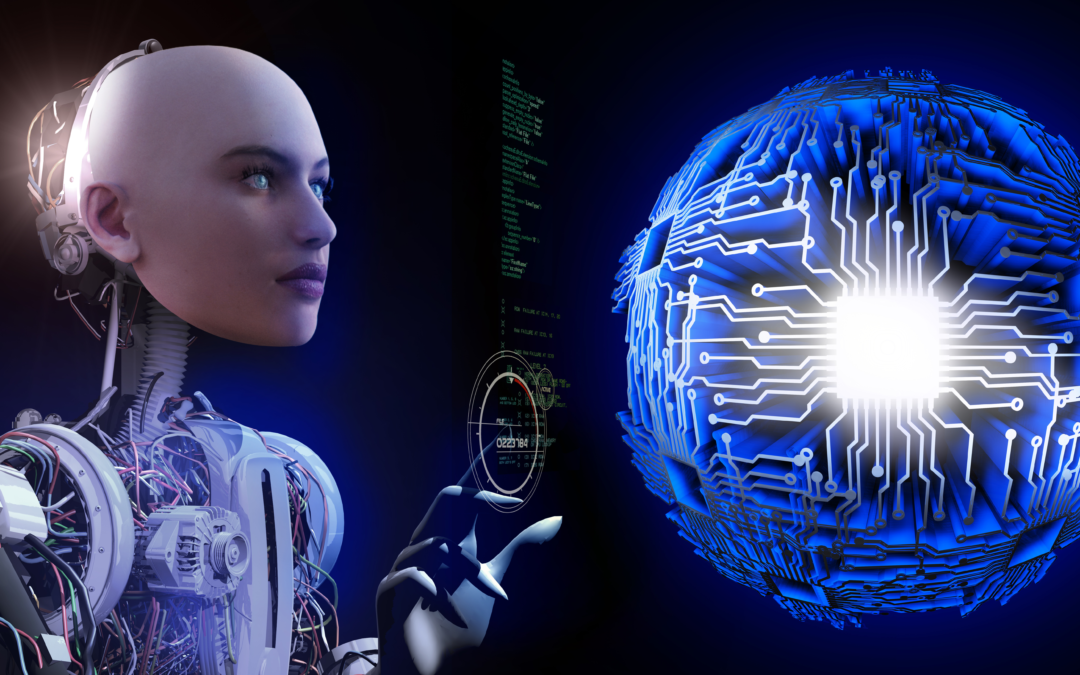
In the dizzying pace of technological evolution, one acronym has consistently captured the zeitgeist of innovation: AI, or Artificial Intelligence. With its roots in academic theory and science fiction, AI has rapidly transformed from a futuristic dream into a present-day powerhouse, influencing everything from how we shop to how we stay healthy. By 2033, it’s expected that AI will not just be a part of the global economy, but a dominant force in its own right.
Understanding the trajectory of AI’s growth requires a deep dive into current trends, potential innovations, and the broader social and economic implications. So let’s unpack the layers and understand why AI is not just changing the game – it’s creating an entirely new playing field.
The Current State of AI
Today, Artificial Intelligence is at a tipping point. Its capabilities have expanded beyond simple automation, becoming more sophisticated with each passing day. Machine learning, deep learning, and neural networks have enabled AI to learn, adapt, and improve without human intervention. This self-improving nature of AI has profound implications. Every industry, from healthcare to finance, is harnessing AI to make more informed decisions, create more efficient processes, and unlock new opportunities.
Projected Growth by 2033
Looking ahead to 2033, the potential for AI seems limitless. Predictive analytics will become even more precise, enabling businesses to anticipate market trends and customer needs with uncanny accuracy. AI-driven personalization will transform marketing, providing a tailored experience to each consumer, while smart cities will leverage AI to optimize everything from traffic flow to energy consumption.
AI’s growth will also be characterized by its integration into daily life. Home assistants will evolve into sophisticated systems that manage our schedules, finances, and even our health. On a larger scale, AI will play a crucial role in addressing complex global challenges such as climate change, with advanced algorithms processing vast amounts of environmental data to inform sustainable practices.
Economic Impact
The economic impact of AI’s expansion cannot be overstated. It’s estimated that by 2033, AI could add up to $15.7 trillion to the global economy. This growth will come from gains in productivity, new AI-driven business ventures, and the creation of jobs to build, manage, and maintain AI systems.
However, this economic boon is not without its challenges. The rise of AI will inevitably lead to job displacement in certain sectors, prompting a need for significant shifts in workforce development and education. The businesses and economies that will thrive in the AI era will be those that can adapt quickly, investing in human capital and fostering a culture of lifelong learning.
Ethical and Social Considerations
As AI’s capabilities grow, so do the ethical and social questions surrounding its use. Issues like privacy, security, and bias in AI systems are already hot topics, and they will only become more pressing as AI becomes more pervasive. Ensuring that AI is developed and deployed responsibly will be a critical focus for governments, businesses, and civil society in the years leading up to 2033.
Moreover, the global nature of AI’s impact calls for international collaboration to establish standards and regulations that safeguard individual rights and promote equitable access to AI’s benefits. The conversation around AI ethics is not just about preventing harm; it’s also about guiding AI’s development in a way that maximizes its positive impact on society.
The Innovation Landscape
Innovation in AI is accelerating at an unprecedented rate. Quantum computing, once a distant dream, may soon provide the processing power needed to take AI to new heights. Breakthroughs in areas like natural language processing will make AI more intuitive and human-like in its interactions.
Additionally, the democratization of AI technology means that startups and small businesses will have access to powerful AI tools that were once the exclusive domain of tech giants. This will lead to a burst of creativity and entrepreneurship, with new products and services emerging that we can scarcely imagine today.
The Role of AI in Future Societies
As we look to 2033, it’s clear that AI will be a cornerstone of future societies. It will drive economic growth, spur innovation, and potentially address some of our most challenging societal issues. But this future is not preordained; it requires careful planning, ethical consideration, and proactive management.
To prepare for AI’s global reign, businesses must invest in AI capabilities and talent, while individuals should focus on developing the skills that will complement AI in the workforce. Governments must craft policies that encourage AI development while protecting citizens, and society as a whole must engage in an ongoing dialogue about the role we want AI to play in our lives.
Conclusion
Artificial Intelligence is more than just a technological trend; it’s a transformative force that will redefine how we live, work, and interact with the world around us. By 2033, AI’s integration into society will be complete, its benefits widespread, and its influence undeniable. The time to understand and prepare for this future is now, lest we be swept away by the tides of change rather than riding the wave to a brighter, AI-powered horizon.



